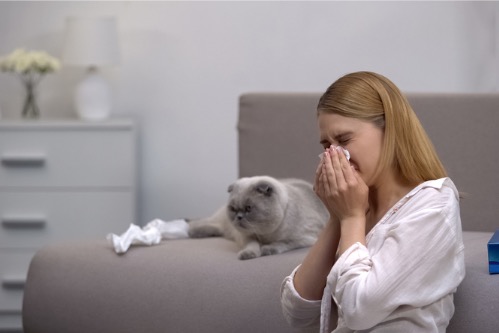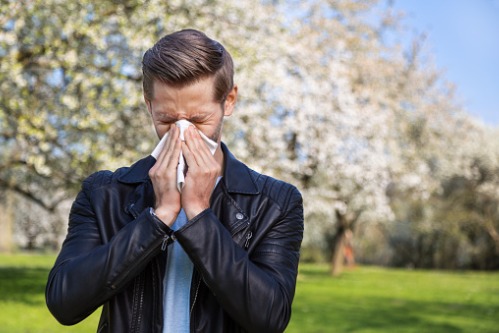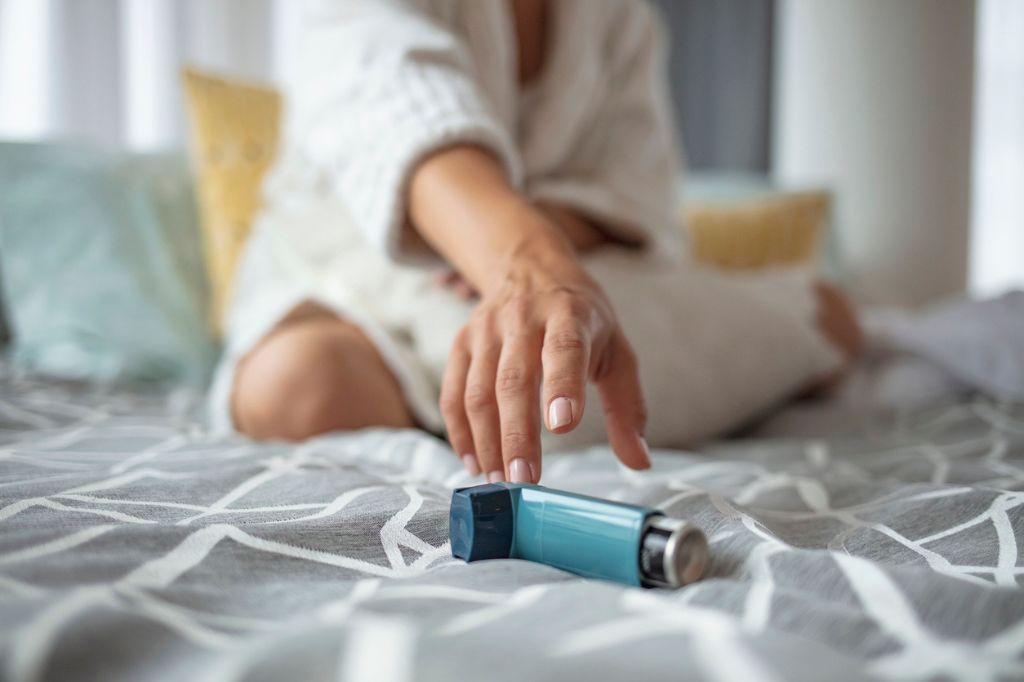
How to Limit Pet Dander to Avoid Allergies
Animal dander is one of the most common allergens in the world. Pet allergies often cause upper and lower respiratory problems such as congestion, sneezing, runny nose, chest tightness, and wheezing. Other symptoms include watery eyes, itching, and eczema or rashes. Luckily, there are ways to avoid and limit dander to better control pet allergies.
With the right combination of medication, house cleaning methods, and immunotherapy, it is feasible for someone affected by allergies to live with their beloved pets.
What Is Pet Dander?
Pet dander consists of microscopic flecks of skin shed by cats, dogs, rodents, birds, and other animals with fur or feathers. Due to how lightweight and small pet dander is, it can remain suspended in the air for a long period of time and can easily stick to furniture, bedding, fabrics, and many other household items.
Animal dander can even be found in homes and buildings without pets as a result of how fast the allergens can spread. Though pet dander is the primary cause of allergies, proteins found in saliva, urine, and feces of certain pets can also cause allergic reactions.
Ways to Limit Pet Dander
-
Understand your allergies: First and foremost, it is essential to see your doctor and be tested to determine what allergies you have. An allergy test may reveal that you are not allergic to your pet, or it can display the severity of your allergic reaction to the allergen.
-
Create an allergy-free zone: Avoid exposure to your animal’s allergens by creating an allergy-free zone in your home, where your pet is not permitted to go. Ideally, this area should be your bedroom if you are experiencing any allergic reactions.
-
Bathe your pet weekly: To shed dead skin cells off your pet and limit the amount of pet dander that your animal releases, you should bathe your pet once a week. It is crucial for you to only use products that are labeled specifically for your pet, and you should ask your veterinarian or another animal care professional for their shampoo recommendations.
-
Clean your home often: Clean your home frequently to prevent a buildup of dust and dander on your furnishings. Wash your couch covers, pillows, curtains, and pet beds often, and keep your pets away from carpets and furniture. HEPA air cleaners are also an effective way to purify the air from airborne contaminants.
-
Seek out treatments: Talk to your allergist or doctor about immunotherapy, antihistamine nose sprays, or antihistamine pills to alleviate your symptoms.
Contact Northeast Allergy
At Northeast Allergy, we understand the day-to-day difficulties of living with allergies. Our dedicated team of physicians and nurse practitioners are 100% committed to helping you find relief today! To make an appointment, click here or call (978) 537-4805.



